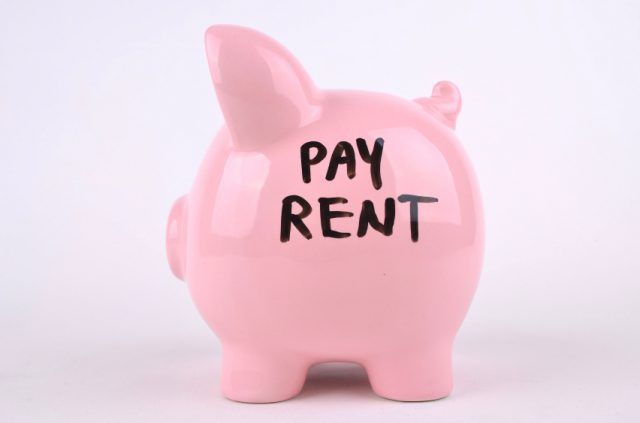Rental arrears rise to 9.1% in March
A concerning new report from Your Move and Reeds Rains suggests that numbers of tenants in rental arrears is on the rise.
Data from the investigation shows that across England and Wales, the overall level of rental arrears is currently 9.1%. This is a slight rise from the 8.8% recorded in February.
Setbacks
More worryingly, the number of tenants in arrears has risen more substantially year-on-year. In March 2015, the arrears rate stood at 7.4%.
This said, looking longer-term, levels of rental arrears are more encouraging. The figure of 9.1% recorded in March is still small in comparison to the all time high of 14.6% of rent payable in arrears. This figure was reached in February 2010.
Director of Your Move and Reeds Rains, Adrian Gill, believes that landlords need tenants with good finances. Similarly, he notes that tenants need a property that they can afford. Gill said, ‘while there is always room for healthy negotiation on rents, both landlords and tenants need each other to reach a deal. So some of the language of confrontation between landlords and tenants is not healthy or constructive.’[1]

Rental arrears rise to 9.1% in March
Answers
Continuing, Gill said, ‘for private renting to remain an affordable option and a high-quality home for millions, the answer is more supply and more choice. That means lifting the barriers to investment in property, rather than adding fresh penalties for landlords aspiring for their own financial security.’[1]
‘Good landlords also understand that their interests and the interests of their tenants are aligned-a tenancy should be a mutually beneficial deal. That takes expertise in managing a property and it takes commitment. The growth of private renting has changed society in terms of the number of people who are tenants, but it has also raised questions for those who now find themselves as landlords, either purposefully or in some cases through a relatively unplanned course of events. Managing properties well must include regular communication with tenants, to address concerns, arrange maintenance and to avoid the possibility of rent arrears,’ Mr Gill concluded.[1]
[1] http://www.propertyreporter.co.uk/landlords/rental-arrears-hit-91-as-tenants-feel-financial-pinch.html

